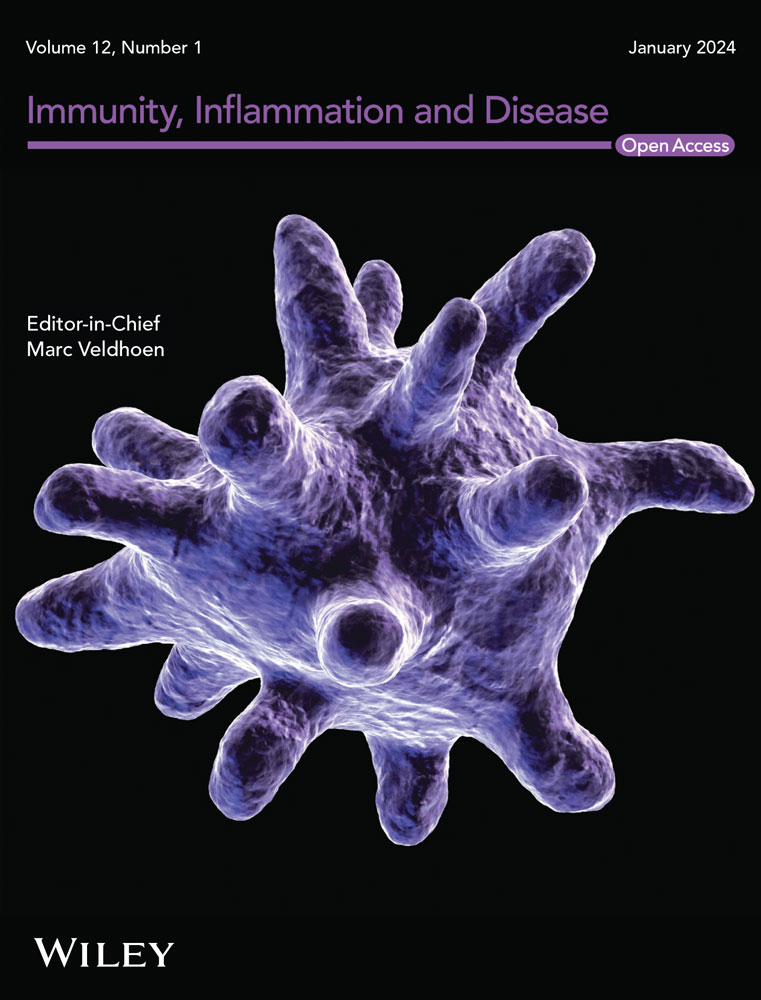Unraveling the Serum Protein Landscape in Celiac Disease: Current Evidence and Future Directions
Abstract
Background
Celiac disease (CD) is a chronic autoimmune disorder characterized by an abnormal immune response to gluten, leading to intestinal inflammation and various clinical manifestations. Serum proteins are increasingly recognized as potential biomarkers in CD, reflecting inflammation, malabsorption, and immune activation.
Objective
This review aims to elucidate the role of serum proteins in the pathogenesis, diagnosis, and management of CD, emphasizing their potential as noninvasive biomarkers and therapeutic targets.
Methods
A comprehensive review of current literature was conducted, focusing on key serum proteins such as albumin, transthyretin (TTR), transferrin, β2-microglobulin (β2M), C-reactive protein (CRP), and immunoglobulins. Their alterations in CD and their relevance to disease activity, nutritional status, and treatment response were examined.
Results
CD-related inflammation leads to increased acute-phase proteins (e.g., CRP) and decreased transport proteins (e.g., albumin, TTR, transferrin), contributing to malnutrition and anemia. TTR serves as a sensitive marker of nutritional status, while transferrin levels correlate with iron deficiency, a common CD complication. Immunoglobulin profiles reflect immune responses to gluten. These proteins provide insights into CD pathophysiology and offer potential utility for diagnosis and monitoring.
Conclusion
Serum proteins represent promising biomarkers for CD diagnosis and management, with potential for integration into clinical practice. Further research is necessary to validate their utility in routine patient care and explore their role in personalized therapeutic strategies.


 求助内容:
求助内容: 应助结果提醒方式:
应助结果提醒方式:


